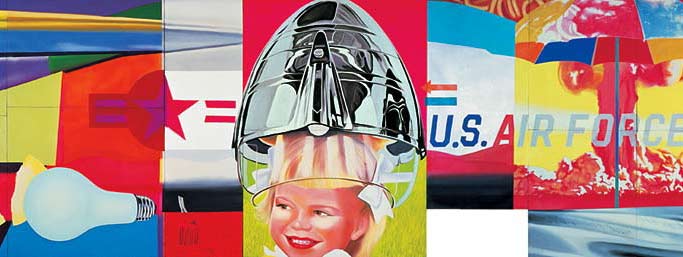Scan barcode
A review by glenncolerussell
Voices of Time: A Life in Stories by Eduardo Galeano
5.0

The feet of time walk in our shoes; green alga dance; the rivers break all the rules; the flow of history on a planetary scale; the flow of events and happenings from country to country, city to city, town to town, person to person, animal to animal and plant to plant. Three hundred-thirty-three, that's 333, one-pager mini-stories with laser-sharp observations from Eduardo Galeano, among the foremost masters of Latin American literature. Here are several of my favorites:
TIME PLAYS GAMES
It is said that once upon a time two friends were admiring a painting. The work of art, by who knows who, was from China, a field of flowers at harvest time.
One of the friends, who knows why?, fixed his gaze on a figure in the painting, one of many women with baskets gathering poppies. She wore her hair loose, flowing over her shoulders.
At last she returned his gaze, let her basket fall, held out her arms, and, who knows how, carried him off.
He let himself be taken, who knows where, and with that woman he spent nights and days, who knows how many, until a gust of wind picked him up and returned him to the room where his friend remained standing before the painting.
So brief was that eternity that the friend had not noticed his absence. And neither had he noticed that woman, one of many women in the painting gathering poppies in their baskets, now wore her hair tied at the back of her neck.

LABOR
At dawn Doña Tota walked into a hospital in the barrio of Lanus. She was carrying a child in her belly. In the entranceway she found a star, in the form of a brooch, lying on the floor.
The star sparkled on one side, but not the other. That happens whenever stars fall to earth and lay in the dirt. On one side they glow silver, invoking the nights of the world; on the other side, they’re just tin.
Gripped in her fist, that star of silver and tin accompanied Doña Tota in labor.
The newborn was named Diego Armando Maradona.

GEOGRAPHY
In Chicago everybody’s black. In New York, the midwinter sun bakes stones till they melt. In Brooklyn, anyone who reaches the age of thirty deserves a statue. The finest homes in Miami are built of trash. Hollywood is run by the rats.
Chicago, New York, Brooklyn, Miami, and Hollywood – these are the names of some of the barrios of Cité Solei, the most abject slum in the capital of Haiti.

NEWSCAST
The entertainment industry thrives on the loneliness market.
The consoling industry thrives on the anguish market.
The security industry thrives on the fear market.
The lying industry thrives on the stupidity market.
How do they gauge their success? On the stock market.
The arms industry too. Their stock prices are the best news in every war.

THE TAILOR
He swore he would fly. He swore on all the buttonholes he’d ever opened and all the buttons he’d ever placed and all the suits and dresses and coats he’d ever measured, cut, basted, and sewn, stitch by stitch, day after day his entire life.
From then on, Reichelt the tailor spent his time sewing a pair of enormous bat wings. The wings folded so they’d fit in the grotty hold where he worked and lived.
At long last, after a huge effort, the elaborate cloth-covered framework of pipes and metal rods were ready.
The tailor spent the night unable to sleep, praying to God to give him a windy day. And in the morning, a gusty morning in the year 1912, he climbed to the tip of the Eiffel Tower, spread his wings, and flew to his death.
(I saw a newsreel of this event back when I was 12 – this man standing with his wings spread and then a jump, quickly plummeting to the ground. I never will forget.)

FAMILY
Jeronimo, Jose Saramago’s grandfather, didn’t know how to read or write, but he knew a great deal and what he knew he kept to himself.
When he fell ill, he knew that his time had come. He walked silently through his orchard, stopping beside each tree, and one by one he hugged them. He embraced the fig tree, the laurel, the pomegranate, and the three or four olive trees.
On the road a car waited.
The car took him to Lisbon, to his death.

ADVERTISING
When Wagner Adoum drove his car, he always kept his eyes on the road ahead, without so much as a glance at the billboards, yelling orders from the edges of Quito streets and highways.
“I never killed anyone,” he said. “And if I’ve reached the age I have, it’s because I pay no attention to those billboards.”
Thanks to his restraint, he explained, he managed to avoid dying from drowning, indigestion, hemorrhage, or suffocation. He didn’t drink an ocean of Coca-Cola, or eat a mountain of hamburgers. Nor did he dig a crater in his belly by swallowing a million aspirins. And he kept credit cards from sinking him up to his ears in a swamp of debt.

And not only do we have Eduardo Galeano’s words of time, but the pages are peppered with small black-and-white images of timeless Peruvian art. Fantástico. This book reminds me that being alive is an unending celebration.